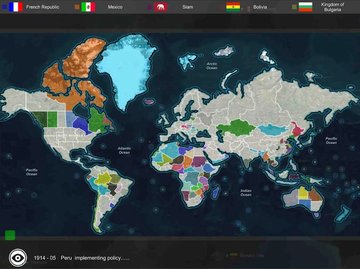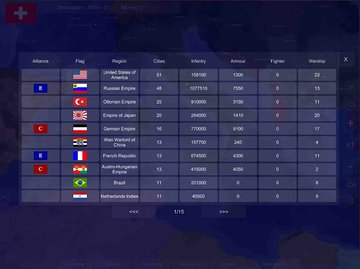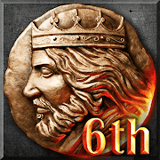World War I, also known as "The Great War," "The Global War," or "The Great War," was a global military conflict that lasted four years and began on July 28, 1914 and ended on November 11, 1918. It began on July 28, 1914, and ended on November 11, 1918. The war took place mainly in Europe, but also involved many regions and countries around the world.
The causes of the outbreak of World War I were complex and included political, economic, military, cultural and social factors. Some of the important factors included colonialism, imperialism, nationalism, alliance system, arms race, economic competition and diplomatic crisis.
During the war, the participating countries mobilized millions of soldiers and used modern weapons and technologies such as poison gas, tanks, aircraft and submarines. The casualties and losses of the countries in this war were enormous, with a total of over 10 million people expected to die and millions more injured or missing. These losses were not only military, but also economic and social, leading to major changes and upheavals throughout Europe.
The results of World War I were also far-reaching. At the end of the war, countries such as Germany and Austria-Hungary were forced to sign the Treaty of Versailles and assumed heavy reparations and responsibilities that led to political and economic reconstruction throughout Europe. In addition, the war set the stage for the outbreak of World War II, as it failed to solve Europe's complex problems and national conflicts, but instead exacerbated them.
Overall, World War I was one of the most destructive wars in European history, with far-reaching global consequences. We should learn from this war and cherish peace in order to avoid similar tragedies from happening again.已支持加速、免廣告已支持加速、免廣告
World War Mod Apk v2.6.3.1(Speed Hack/No Ads)
Updated On Apr 16, 2024
 Speed Hack and ad No ads
Speed Hack and ad No ads
 Speed Hack and ad No ads
Speed Hack and ad No ads
App NameWorld War
Versionv2.6.3.1
Mod InfoSpeed Hack , No Ads
Package Namecom.mis.ww
CategoryStrategy
Size78.46M
MOD features
 Speed Hack and ad No ads
Speed Hack and ad No ads





Recommended for you

Magic World
1.3.1 + 90.52MB
Unlimited Resources / No Ads Free Rewards

Kingdom: New Lands
1.3.5.3 + 139.00MB
Free Download

Gods of Olympus
4.12.31764 + 171.33MB
No Ads / Speed Hack

Rise of the Kings
1.9.79 + 1997.55MB
No Ads / Speed Hack

Supremacy 1914 WW1 Strategy
0.225 + 102.37MB
No Ads

War and Order
4.0.64 + 641.97MB
Speed Hack / No Ads
New Update

ANTONBLAST
1.0.0 + 1578.76MB
Speed Hack

MA 3 President Simulator
1.0.46 + 316.87MB
Free Shopping / Save Editor

Wood Block Challenge
1.0.28 + 83.00MB
Speed Hack / No Ads

Top Eleven
26.19 + 423.50MB
Speed Hack / No Ads

SMASH Badminton 3D Game
3.2.5 + 198.88MB
No Ads Free Rewards

Rebel Racing
27.02.19157 + 767.00MB
No Ads Free Rewards / Save Editor








